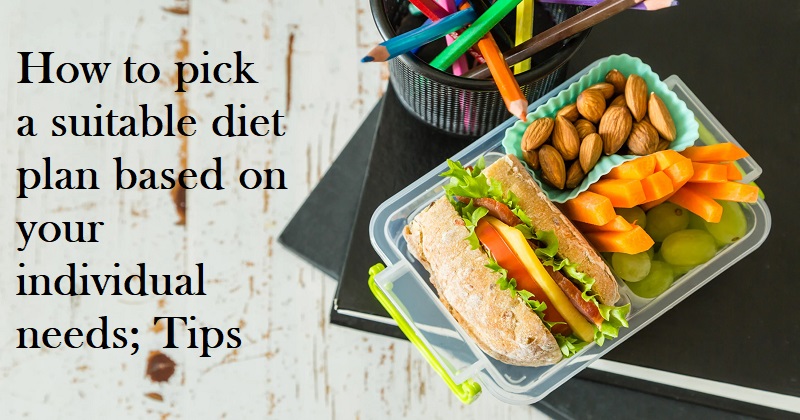
Having a proper eating plan that gives your body the nutrition it needs while removing the unnecessary carbs, fats, and calories that we can certainly do without works better than having a proper exercise regimen for losing weight. The list of diets includes keto, paleo, 16:8 and 5:2 fasting, as well as Sirtfood. There are so many different diet programmes available, making it difficult to select the one that best meets our needs. Additionally, choosing to follow a rigorous diet is a major endeavour, according to Dr. Pankaj Kumar, a weight loss specialist and the creator of Diet Plus Minus.
You’ll need to add some foods to your diet while removing others from it. Additionally, if reducing weight is your top objective, you should only adhere to the diet plan that nutritionists and dietitians recommend after doing a thorough evaluation. We requested the specialist to provide our readers with some insider advice so they may select the diet that is best for them. This is what he said!
How to choose a healthy diet
The dietitian claims that there is no quick fix for healthy weight loss; it is a long-term endeavour. And he advises that if you’re going to start a diet, you should choose one that doesn’t require you to give up any of your favourite foods. Dr. Pankaj Kumar suggests pondering the following questions when trying to decide on a new diet:
1. Can you realistically stick to this diet plan? Can you perform it consistently, seven days a week? He explains, I’f you don’t, you’ll probably gain the weight back the moment you stop doing it.’
2. When you’ve finished your meals, do you still feel hungry? He asserts that eating a diet where you continually feel hungry will be challenging to sustain. All of those cravings will ultimately prevail. He claims that such circumstances frequently result in bingeing or excessive eating.
3. Is it possible to continue doing your normal activities while dieting? Dr. Pankaj Kumar urges consumers to consider whether their diet permits occasional ice cream intake, restaurant brunch cuisine, and sociable dining. He advises against trying this diet if you believe it will need you to drastically alter your way of life for a brief period of time.
4. Will your diet satisfy your body’s needs? This is ‘the most critical’ question to consider, according to Dr. Kumar. He forbids adopting ‘any diet that specifies intensely low calories,’ like the 1,200-calorie diet.
What is the right time to change your diet?
Making the wrong diet decision is very possible. The effectiveness of the diet plan will become apparent to you in a matter of days. What is the recommended amount of time? Dr. Pankaj Kumar answers, ‘Not for very long. Your new diet should be closely watched every day’. In particular, remember the following:
1. How successfully have you maintained your diet?
2. Did you do anything exceptionally well?
3. Your weaknesses and what you could have done differently?
4. Does the food you consume satisfy your hunger?
5. How much your food affects how you feel emotionally?
6. How has your diet changed other facets of your life?
If the answers to the aforementioned questions don’t live up to your expectations, Dr. Pankaj Kumar says that your diet is definitely incorrect and that you should probably give up. ‘You’re doing fantastic if you’re dropping 1-2 pounds per week,’ says Dr. Kumar. ‘The diet that feels the least like a diet is the best one. The programme includes all dietary groups, provides guidance on portion control, and provides tips for healthy cooking. The best eating strategy isn’t really a diet at all, but rather a way of life’.

Post Your Comments